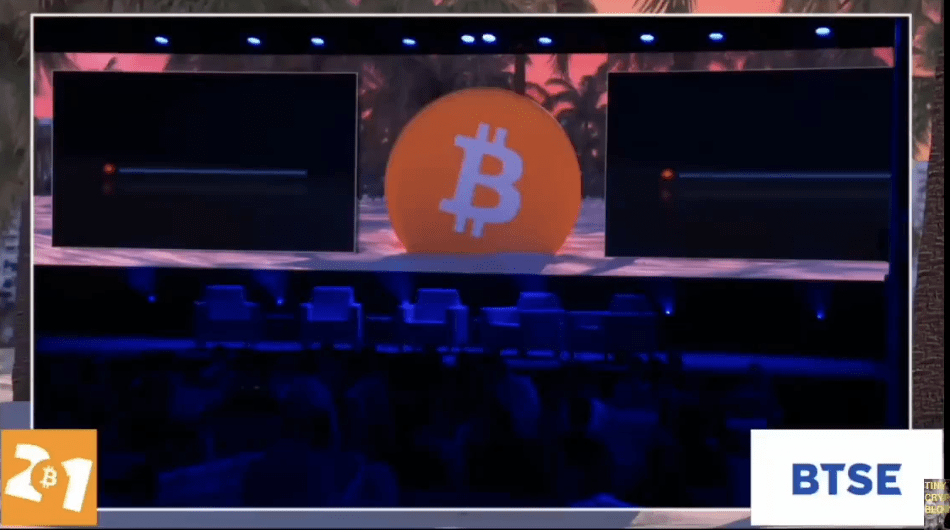• He launched the largest Bitcoin market when the price was only $0.50.
• 200,000 Bitcoins were seized by the government.
• He is serving two life sentences.

Ross Ulbricht created Silk Road in 2011.
According to statistics, 18% of drug buyers completed transactions through this platform.
It accounted for 90% of the world's Bitcoin transaction volume at the time.

Silk Road was a marketplace where almost anything could be bought and sold. By 2012, the platform's annual transaction volume reached $24 million.
This platform only accepted Bitcoin as a payment method.
At the time, with Bitcoin priced at $12 each, this amounted to 2 million Bitcoins per year.

Hundreds of sellers were active on Silk Road.
The platform offered various services such as customer support, inventory management, IT support, marketing, quality control, and supply chain management.
All these services were paid for in Bitcoin.

Ross Ulbricht is an idealist, not a businessman pursuing money.
Silk Road even had its own book club discussing Austrian economics and organizing readings of Hayek and Mises.
His goal was to educate more people through this platform.

Ross's dream was to return power to the people...
…to liberate people from the control of the state.
He viewed Silk Road as an important tool for achieving freedom and empowering citizens.

Ross also believed that Bitcoin could prevent the 'covert looting' caused by inflation...
…and ultimately end the Federal Reserve's monopoly.

Even when some politicians used Silk Road as an excuse to try to ban Bitcoin entirely, Ross continued to promote Bitcoin.
He believed that this was in itself irrefutable evidence of the failure of the existing regulatory system.

When Ross was arrested, his personal wallet was seized by the government.
It contained over 144,000 Bitcoins.
This made Ross one of the largest holders in Bitcoin network history.

When Ross's parents and family raised $1 million for his bail, the judge denied their request.
Ross spent the first 6 weeks in solitary confinement.
His cell looked like this:

Ross's case sparked widespread discussion on the internet.
Should the owner of a website be responsible for its users and their actions?
Many experts worry that this case could hinder the emergence of the next Taobao, Xianyu, or Amazon.

Nevertheless, the prosecutor still imposed the harshest sentence on Ross—he was sentenced to two life terms plus 40 years.
No chance of parole.
This effectively amounted to a death sentence for Ross.

Even while imprisoned, Ross continued to indirectly promote the adoption of Bitcoin.
The U.S. government auctioned off the Bitcoins he held, an event that became a significant moment in the mainstreaming of the Bitcoin industry.
It was seen as a landmark event, as the U.S. government acknowledged the legitimacy of this industry to some extent.

However, Ross's trial process was far from fair.
The DEA agents investigating the case stole 80,000 Bitcoins during this period.
Worse still, Ross never had the chance to call his witnesses during the trial.

In the following years, Ross's case inspired supporters in the Bitcoin community and beyond.
A few years ago, Fox News reporter Lisa Kennedy clearly expressed her opinion:
“Ross simply allowed willing adults to buy and sell goods freely.”

In 2021, Ross was invited to give a keynote speech via prison video at the Bitcoin conference in Miami.
In his speech, he talked about his case and life experiences.
The severity and injustice of his conviction shocked everyone.

Republican President Donald Trump stated he would lighten Ross's sentence and release him.
Musk proved this point on Twitter.
This meant Ross would soon regain his freedom.

Many people believe that Silk Road is 'one of the most significant contributions to harm reduction in the history of drug distribution.'
By anonymizing this violent trade, Ross saved countless lives.
What do you think of Ross Ulbricht? Feel free to leave your thoughts in the comments.


